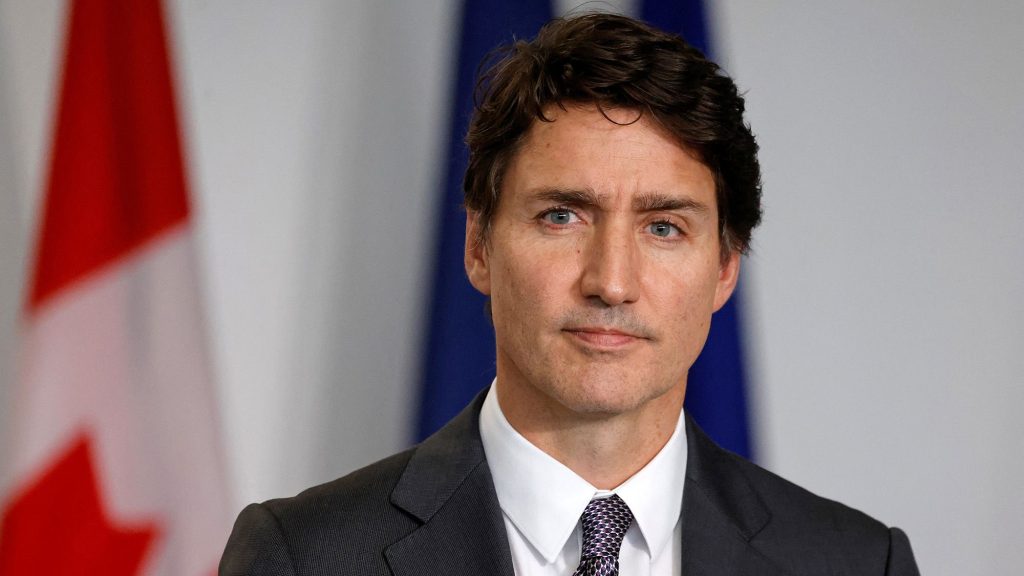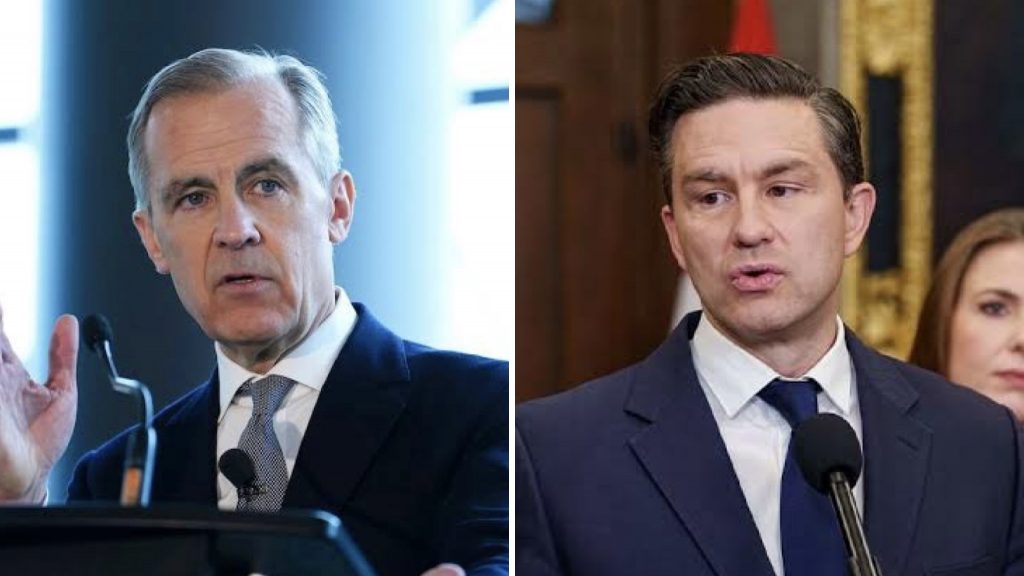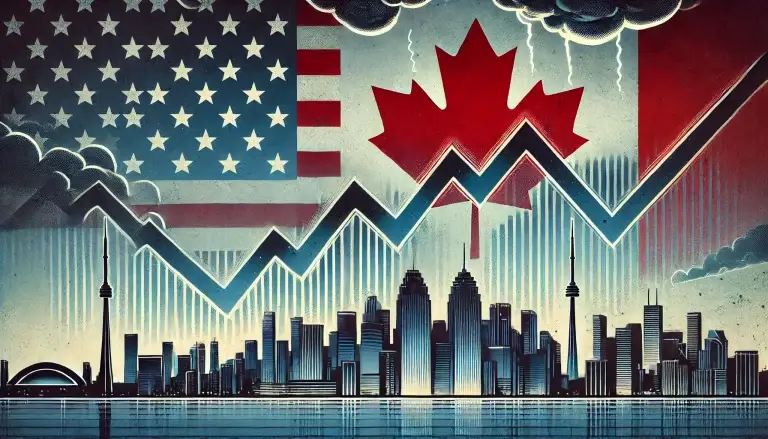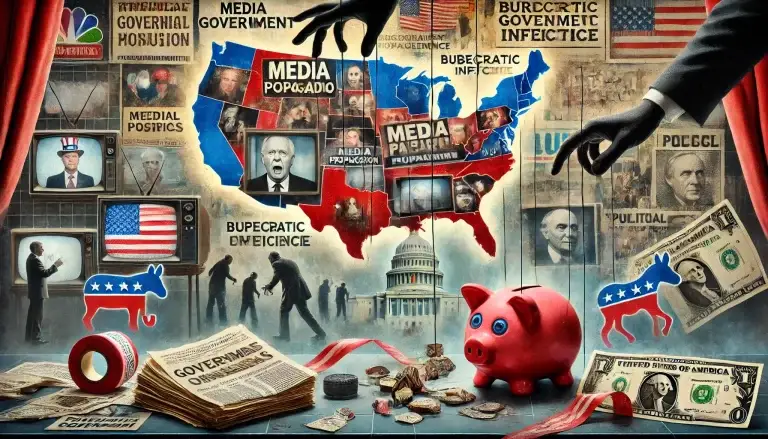
Justin Trudeau served as Canada’s 23rd Prime Minister from November 2015 until his resignation in January 2025. His tenure was marked by significant achievements and notable challenges that have shaped Canada’s political and social landscape.
Accomplishments:
- Progressive Social Policies: Trudeau’s administration implemented several progressive reforms, including the legalization of recreational cannabis in 2018, making Canada the second country globally to do so. The government also introduced measures to enhance childcare affordability and accessibility, aiming to reduce the financial burden on Canadian families. (The Guardian)
- Climate Change Initiatives: The Trudeau government committed Canada to the Paris Agreement and introduced policies to reduce carbon emissions. Investments in renewable energy and a national carbon pricing plan were among the efforts to transition towards a more sustainable economy. (ft.com)
- Inclusive Immigration Policies: Trudeau’s administration welcomed over 25,000 Syrian refugees between 2015 and 2016, demonstrating a commitment to humanitarian assistance. The government also prioritized family reunification and provided support for refugees and immigrants integrating into Canadian society. (The Guardian)
Failures and Challenges:
- Economic Management Concerns: Despite initial economic growth, by 2025, Canada faced challenges such as rising housing prices and grocery inflation. Critics argued that the government’s policies failed to address affordability issues adequately, leading to increased financial strain on Canadians. (The Guardian)
- Trade Tensions with the United States: Relations with the U.S. became strained under President Donald Trump, particularly concerning trade policies. In response to U.S. tariffs, Trudeau’s government imposed reciprocal measures, including a 25% tariff on U.S. goods worth $30 billion. These actions led to a trade war, impacting Canada’s economy and international relations. (Cadena SER)
- Scandals and Ethical Concerns: Trudeau’s tenure was marred by several scandals, including the “blackface” incidents and the WE Charity controversy, where the government was accused of improperly awarding contracts to organizations linked to Liberal Party associates. These events eroded public trust and led to internal party dissent. (The Guardian)
- Indigenous Relations and Unmet Promises: While Trudeau pledged to improve relations with Indigenous peoples, many felt that progress was insufficient. Issues such as inadequate housing, healthcare, and education persisted, leading to criticism that the government’s actions did not match its commitments. (The Guardian)
Resignation and Legacy:
Facing declining popularity due to economic challenges, trade tensions, and internal party conflicts, Trudeau announced his resignation in January 2025. He cited the need for the country to have a real choice in the upcoming election and acknowledged that internal battles within the party hindered effective governance. (The Guardian)
Trudeau’s legacy is complex; he is credited with advancing progressive social policies and championing diversity and inclusion. However, his tenure also highlighted the difficulties of implementing ambitious reforms amid economic and political challenges. As Canada moves forward, the impacts of his policies will continue to influence the nation’s trajectory.
Mark Carney has been elected as the new Liberal leader and is set to become the 24th prime minister of Canada within the coming days.


